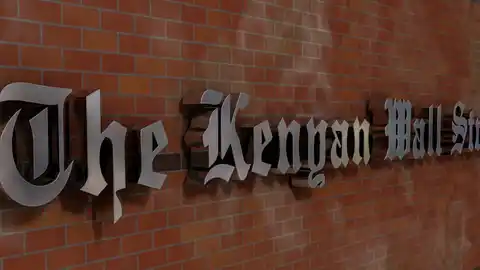At the ongoing World Economic Forum’s Annual Meeting in Davos, President Cyril Ramaphosa has outlined South Africa’s priority areas as it prepares to host the first G20 summit on the continent later this year.
- •The African Union (AU) was admitted as a permanent member of the G20 in 2023 as the bloc’s 21st member, joining the European Union and 19 countries including South Africa.
- •Before the AU’s admission, the bloc’s 20 members account for 85% of the global economy, 75% of world trade, and 67% of global population.
- •The G20 Summit in Johannesburg in November is expected to provide a critical platform for tracking the bloc’s policy progress for the Global South, before the US takes over the rotational presidency in December.
“We will seek to get the G20 to focus more on how we can enhance solidarity through collective efforts to ensure that in the pursuit of progress in the world, and progress for all, no person and no country should be left behind,” President Ramaphosa said in a special address at WEF.
Among the country’s four priority areas is debt sustainability, the just energy transition, disaster resilience, and inclusive growth and development.
“We will use this G20 to champion the use of critical minerals – through a programme of green industrialization and as an engine for growth and development in Africa and the rest of the Global South,” Ramaphosa added.
At the last summit in Rio de Janeiro in Brazil, the focus was on social inclusion, global governance reform and energy transitions. There was also extensive focus on geopolitical and trade tensions, many of which are still at play as new ones emerge, and the effect of US and China’s worsening trade relations.
The summits are often preceded by meetings among finance ministers, central bank governors, and other major stakeholders in critical areas such as trade and anti-corruption.
“We intend that the G20 in Johannesburg this year should really be a forum where cooperation and collaboration among the leading economies of the world will be taken to a higher level,” South Africa’s leader said.
Is Davos No Longer in Vogue?
Pundits have noted that several world leaders, who had previously placed value in attending the annual WEF conference in person, are now absent. These include the leaders of major EU economies, with only Germany’s chancellor attending the 2025 forum, and leaders of major economies such as Brazil, India, the United Kingdom and China
President Trump, who will address the annual gathering via video link on Thursday, will likely outline his new administration’s plan to implement its extensive campaign promises. While some are a return to the policies of his first term (2016-2020), others are entirely new or extended versions of their original formats. Among the key issues likely to make headlines include migration, foreign aid, the fate of NATO and US’s position in multilateral bodies, and trade.
Meanwhile, a senior Chinese leader has called on governments to uphold the institutions of multilateralism, in an apparent dig at Trump’s moves to enhance tariffs and other protectionist policies against other economies.
“Trade wars have no winners,” Vice-Premier Ding Xuexiang said, “Multilateralism is the right way to maintain world peace and promote human progress.”




